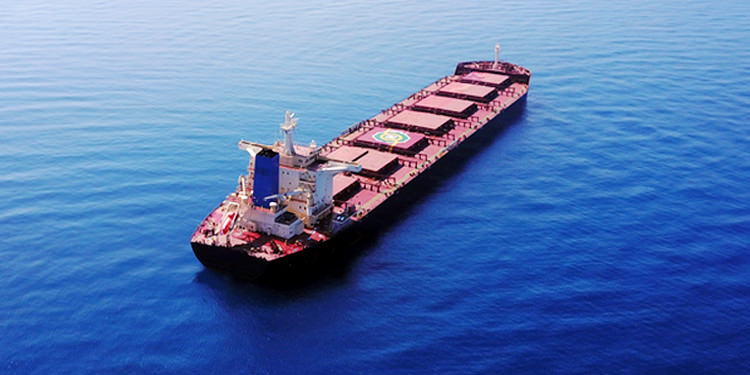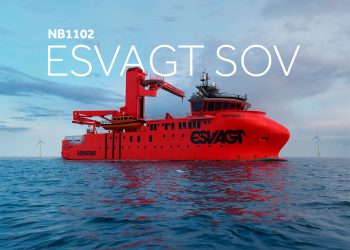Global trade, which suffered a major blow during the pandemic, rebounded quickly with the relaxation of bans. The Baltic Dry Index (BDI), one of the key indicators of global trade, increased by over 2 thousand points after a two-year break while there is a 100% increase in maritime loads.
In global trade, which came to a standstill in the pandemic process, the wheels began to turn again. With the development of the vaccine and the relaxation of bans, demand for products in the markets rose rapidly. It also increased freight as demand increased and ship supply was insufficient in the face of demand. BDI, which entered a rapid upward trend in January for the first time in 10 years, rose 35% to 850 points in a week. The index, which has been moving again as of midweek, reached 2,105 points in the middle of the week. BDI has seen over 2 thousand points for the first time in two years.
Assessing market mobility, Cihan Ergenç, vice president of the Turkish Shipowners Association, said that the revival in the economy and the introduction of displaced demand affected this increase.
Ergenç, emphasizing that demand exceeded expectations for dry load, “Countries are fulfilling their stocks. The market is pretty good. We don’t know how long this demand lasts, but I wouldn’t be surprised if BDI sees 3 thousand points,” he said. “This is reflected in growth freight and wares,” he said, recalling that the world economy is expected to grow 5.5% by 2021.
China has even melted down war stocks
Levent Karaçelik, Chairman of the Board of Directors of Marvel Maritime, one of the doyen dry cargo brokers of the sector, summarized the reasons for mobility in the dry cargo market and its expectations for the coming months as follows:
“During the pandemic period, countries’ financial resources were greatly reduced due to the contraction in their local economies. Production and, accordingly, the supply of wares decreased. Therefore, countries used their existing stocks instead of imports. Stocks melted. China has even melted down war stocks
The wheels of their economies are turning
For the past two months, pandemic bans in countries have been relaxed. The development of vaccines has also made it widespread. As a result, the wheels of their economies began to turn. Production is started again. This, in turn, allowed more money to circulate in the market. Many EU countries, the United States, Japan, South Korea, and China have begun to make unprecedented transfers of resources to the market. In this case, the revived circulation of money also increased financing opportunities.
Maritime loads increased by 100%
Increased financing opportunities led countries to renew all investment and food product stocks, especially cereals, iron and steel, and coal, which they almost shorted. Energy investments, in particular, have revived again. This in turn further boosted ware purchases. The amount of maritime wares in the market has increased 100% in the last 3 months compared to the previous year. But the new entry of vessels into the fleet fell far short of these demands. Therefore, in the case of supply and demand, a situation arose in favor of vessels. Therefore, freight increased at every tonnage all over the world, except for Capesize and Kamsarmax vessels.














